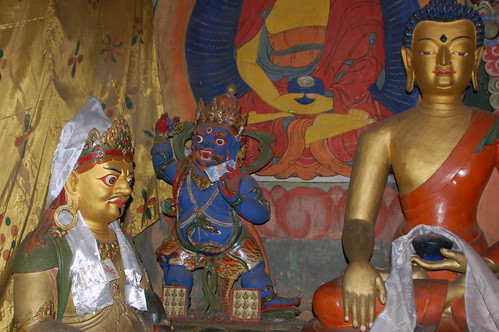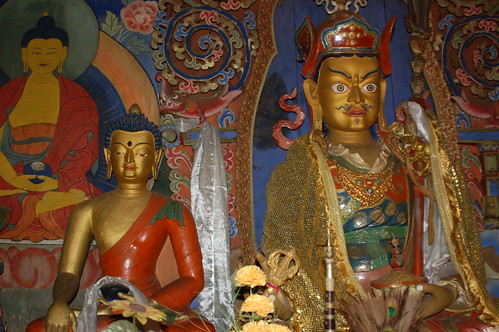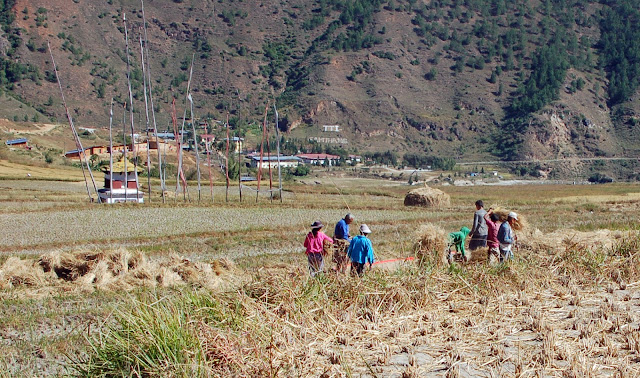
Writing about the messy launch of Obamacare, Linda Greenhouse, long time Supreme Court reporter and legal scholar for the New York Times, notes:
This is a pithy description of the essential void that ever since 2008, many of us have been surprised to encounter from the Obama administration. The Prez launched his career by inspiring, most notably at the Democratic convention in 2004 when still an obscure Senate candidate and in his 2008 "race speech." But in most of his Presidency, he has dodged "the vision thing" (in the words of another President who couldn't seem to speak to it, the first Bush.) This instinct to evade the moral argument is probably most pronounced when it come to the Affordable Care Act (ACA).One of the failures of the Affordable Care Act saga, it seems to me, has been the president’s unwillingness or inability to present universal health care as a moral issue, a moral right in a civilized society. Thus the administration meets the moral claims of its opponents in technocratic mode, one hand tied behind its back.
As somebody who works in politics, I understand why. This country is experiencing such jarring technological change in the context of such rapidly escalating human diversity, that polling reveals that we are pretty much without agreed upon "universal" values. What looks to some people like one of their most basic rights -- unhindered use of their private property, for example -- looks to others like an assault on the community's continued enjoyment of health, wellbeing, or even life itself. I wrote that thinking of an economically strapped landowner who wants to lease his land for oil extraction, while his neighbors fear destruction of their water supply. But the contest between individual autonomy and the general welfare reveals moral chasms in most areas of lives.
In no arena is this so obvious as in provision of universal health care. Many of us look at Republican efforts to kill off Obamacare as nothing less than vicious cruelty to the unlucky among our fellow citizens; our Republican neighbors fear the health insurance program will be literally used to kill them! Another fraction of us, pollsters make it around 15 percent, remain outraged that their political authorities would come up with a half-baked, complex, kludge of a health reform that protects established medical profiteers. Why can't we just throw out the insurance companies and big pharmaceutical companies and go straight to a rational single payer system? Rather than speaking to this maelstrom of conflicting values, the Obama administration tried to sell the ACA as a technocratic, largely value-free, fix.
But to pass as a simple, obvious technocratic solution to a problem whose definition we don't agree on, Obamacare had to slide into place without major hitches, convincing us that our data driven betters could glide over and around our ethical conflicts. Oops. Now we're living in the backwash of moral conflicts that were not evaded. Plus, people aren't getting the health insurance they were promised and came to hope for.
I find it hard to blame Obama too much for not hammering away at the moral case for health care reform. Polling shows that the corollary of the fact that the people of this country do not currently share any "universal" values is that there are no "authority figures" who can speak ethically to majorities of citizens. Once upon a time, scientists, college presidents, even business leaders, could command an audience. For some, particular religious leaders can still fulfill that function, but the same leaders repel others. For a moment in 2008, Obama occupied such a position for a bare majority of us, but that moment long ago washed away in the ebb and flow of actual, messy, governance.
In this divisive context, it is a pleasure to watch the assertive attempt by the new Pope Francis to chart a viable course for a morally divided world. Regardless of their religious affiliation or lack thereof, many many people seem momentarily moved by seeing a world leader even try! Bless him, though I suspect his universality will eventually founder on the great unbridged divide of patriarchal religious systems, the need to affirm the full humanity of women. Still, it is a delight to have in the world someone who even tries with some success to be a universal moral leader. Humanity is still not satisfied by technocracy alone.
















































